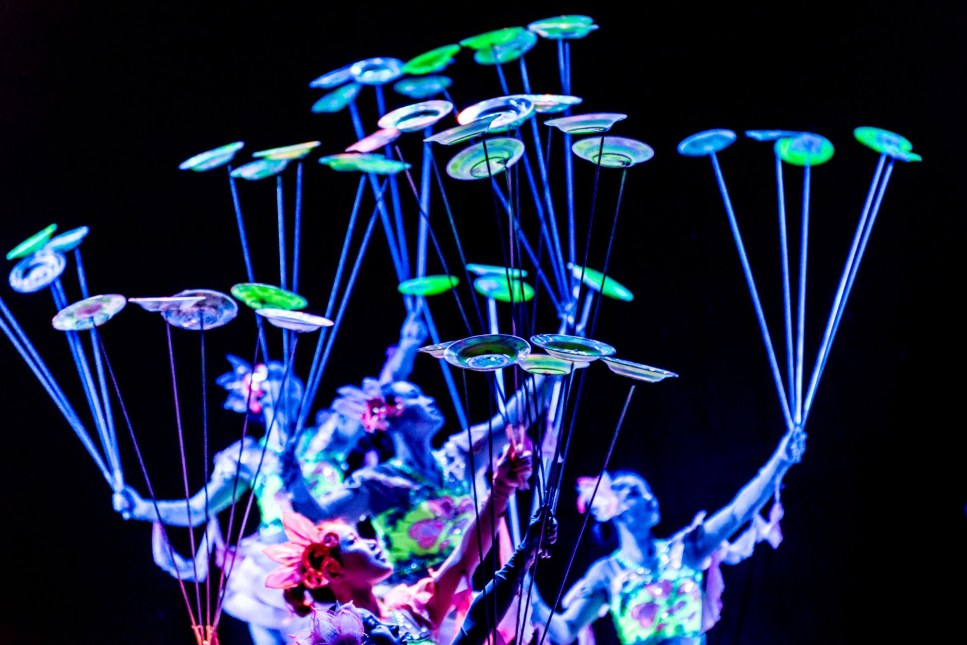Spinning plates
Funding streams and prioritisation in Dutch university research
Report
Downloads

This report shows that a much larger proportion of Dutch university budgets consists of competitive project funding than the official figures show. The title refers to plate spinning, a circus act in which a juggler tries to spin as many plates as possible at one time on a series of poles.
Authors
The present report offers a detailed analysis of how university research is financed in the Netherlands. It is based on an analysis of the budgets and annual financial reports of government and of research organisations.
We have also used data drawn from our surveys of university deans and members of the Royal Netherlands Academy of Arts and Sciences and The Young Academy for our report 'De ontwikkeling van vakgebieden in Nederland'
Competitive funding
Our report shows that a much larger proportion of Dutch university budgets consists of competitive project funding than the official figures show. Funding bodies such as the European Union and the Netherlands Organisation for Scientific Research (NWO) usually cover only a portion of the total costs of a research project, leaving universities to cover the rest with ‘matching’ funds. They do that by using moneyreceived through the first funding stream (i.e. direct government funding) – meant to pay for teaching, research and the general university infrastructure – to cover their share of projects that have been awarded funding.
Science policy and faculty
The mechanism described above forces universities to make choices at faculty level because that is where external funding enters the university. It is in the faculties that science policy ultimately takes shape. There are major differences between faculties, however. That is why the various policy measures that faculties deal with affect each one differently.
Difference in perspectives
The unanticipated way in which funding streams and policy measures affect one another also causes major differences in how policymakers and researchers perceive matters. Individual researchers may find themselves in very different situations.
Conclusions of the study
- Deans play a key role in coordinating different types of funding and policy measures.
- The policy effects vary as much within research fields as between them.
- The pressure to compete for funding, fuelled, for example, by the rise in EU funding and thus growing pressure to match funds, is much greater than the ratio between first and second-stream funding would have us believe.
Spinning plates
Plate spinning is a circus act in which a juggler tries to spin as many plates as possible at one time on a series of poles. It was the image that forced itself upon our researchers as they analysed the responses to their survey of university deans. At first glance, science policy appears to involve two parties : government and researchers. However, a whole series of policy measures and allocation mechanisms have been created between these two that converge within the university. In the real world, it is up to university deans to keep the plates spinning, something that considerable energy and attention.
Preferred citation:
Elizabeth Koier, Barend van der Meulen, Edwin Horlings and Rosalie Belder, Spinning plates - Funding streams and prioritisation in Dutch university research. The Hague, Rathenau Instituut 2016
- Deans play a key role in coordinating different types of funding and policy measures.
- The policy effects vary as much within research fields as between them.
- The pressure to compete for funding, fuelled, for example, by the rise in EU funding and thus growing pressure to match funds, is much greater than the ratio between first and second-stream funding would have us believe.